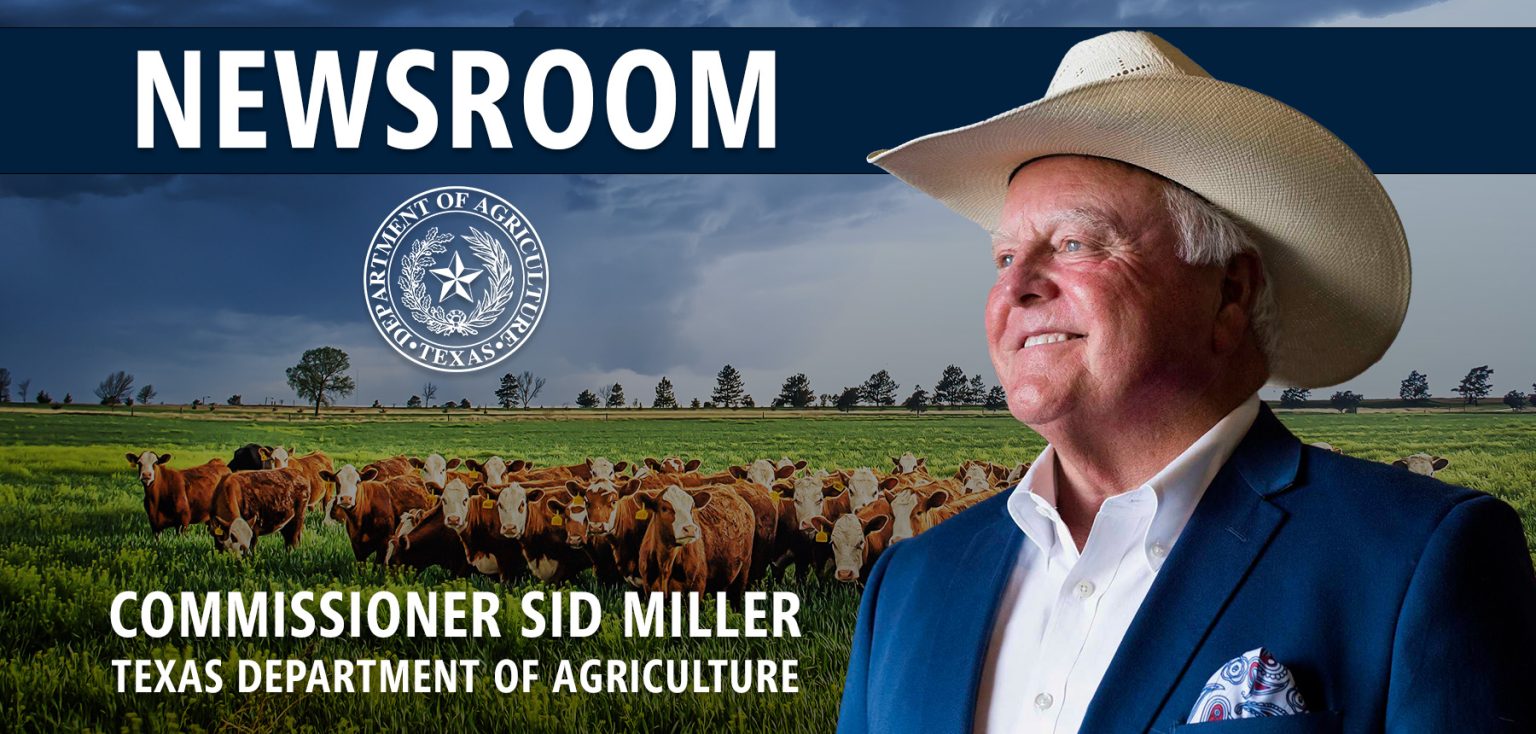Listen to the article
Texas Agriculture Commissioner Dismisses Weather Modification Claims Amid Drought Concerns
Texas Agriculture Commissioner Sid Miller issued a firm statement today clarifying that the Texas Department of Agriculture (TDA) has no involvement in cloud seeding or weather modification programs, addressing what he described as widespread misinformation circulating throughout the state.
“There has been a lot of misinformation flying around lately, so let me clarify: the Texas Department of Agriculture has absolutely no connection to cloud seeding or any form of weather modification,” Miller stated in his official response to growing public speculation.
Miller emphasized that the TDA’s authority over weather modification programs ended in 2011 with the passage of Senate Bill 1303, which transferred these responsibilities to other state agencies. The legislation marked a significant shift in Texas’ approach to weather management programs, removing agricultural officials from oversight roles they had previously held.
“That authority was transferred out of our hands more than a decade ago,” Miller noted, underscoring the considerable time that has passed since the department had any legal standing in weather intervention efforts.
The commissioner’s statement comes amid increasing public concern about drought conditions affecting parts of Texas, particularly in agricultural regions where rainfall patterns have significant economic implications. Weather modification, especially cloud seeding—a process that involves introducing substances into clouds to encourage precipitation—has become a topic of speculation during extended dry periods.
Drawing on his personal background, Miller sought to connect with his agricultural constituency. “As an eighth-generation farmer and rancher, I know what it’s like to watch the sky during a drought, hoping for rain,” he said. This personal touch highlighted his understanding of the challenges faced by the state’s agricultural community during water shortages.
Rather than technological interventions, Miller pointed to traditional values as his response to drought conditions. “When Texas experiences a dry spell, I don’t depend on artificial weather manipulation; I turn to my faith. I kneel and pray, just as many farmers, ranchers, and rural communities do,” the commissioner stated.
The timing of Miller’s statement coincides with recovery efforts underway in the Texas Hill Country, a region that has faced significant weather-related challenges. While not specifying the exact nature of these challenges, Miller called for unity, urging Texans to focus on supporting affected communities rather than perpetuating what he characterized as conspiracy theories.
“Let’s put an end to the conspiracy theories and stop blaming others. Our priority should be the recovery efforts in the Texas Hill Country, as we stand in solidarity with our fellow Texans,” Miller concluded.
Weather modification has a complex history in Texas, dating back decades. The state has previously employed cloud seeding programs, particularly during severe drought periods, making it one of the more active states in exploring weather intervention technologies. These programs have typically been managed by regional water authorities and specialized weather modification organizations since the 2011 legislative change.
Experts note that public interest in weather modification often increases during extreme weather events, whether droughts or floods, leading to questions about human ability to influence natural systems. The science behind cloud seeding remains somewhat controversial, with varying reports on its effectiveness and environmental impact.
Miller’s statement reflects the delicate balance Texas officials must maintain between addressing public concerns about weather events and managing expectations about governmental abilities to influence natural phenomena. As climate change continues to affect weather patterns across the state, debates about technological interventions versus natural adaptation strategies are likely to remain relevant in Texas’ agricultural and environmental policy discussions.
Fact Checker
Verify the accuracy of this article using The Disinformation Commission analysis and real-time sources.



